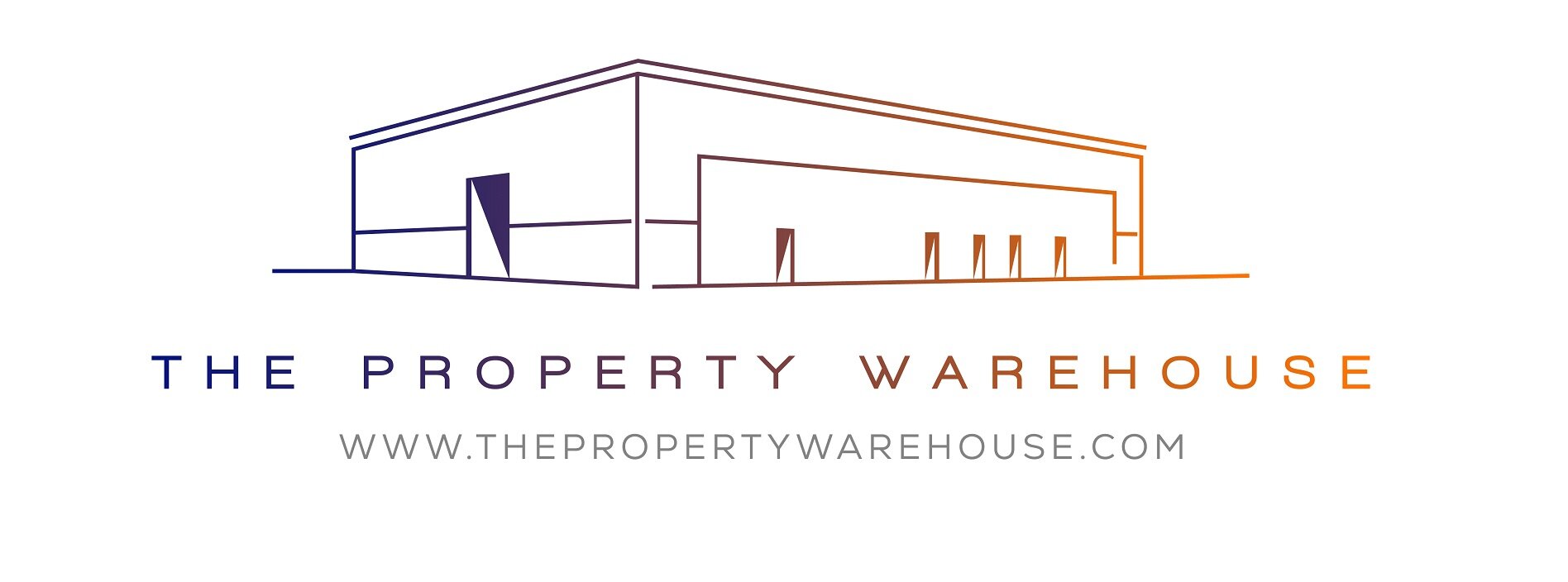
Selling your house in Springfield is not just a transaction, but a complex process with multiple financial considerations. From the initial preparation and staging to entice potential buyers to the final closing costs, each step comes with its own set of expenses. Whether it’s the marketing efforts to showcase your home, the holding costs that accumulate over time, or the repairs and adjustments required after a thorough inspection, understanding these costs is crucial. These expenses, along with professional services such as independent appraisals and potential seller concessions during negotiations, can impact the overall profit from your sale. Here’s a detailed look at what it really costs to sell your house in Springfield, providing a roadmap to navigate the financial aspects of selling your home.
Prepping Costs
Preparing your home for sale is much like setting the stage for a performance. It’s not just about making the house look presentable; it’s about creating an environment where potential buyers can envision themselves living. This can include a variety of tasks such as deep cleaning, decluttering, applying fresh coats of paint, updating fixtures, landscaping, or even complete remodeling in some cases. While the baseline cost is roughly 1% of the home’s sale price, it can significantly increase depending on the level of modernization required to meet the current market trends and buyer expectations.
Marketing
Marketing is a multifaceted expense that encompasses professional photography, virtual tours, online listings, printed brochures, and potentially staging. Professional staging transforms your lived-in house into a neutral canvas for buyers, often leading to a quicker sale and higher selling price. These expenses are part of crafting the narrative that your house is not just a building but a desirable home.
Holding Costs
Every day that passes as you wait for the right buyer, the recurring costs of homeownership persist. These holding costs include your mortgage payments, property taxes, homeowners’ insurance, and utilities, which can amount to a significant sum over time. It’s a ticking meter that can sometimes rush sellers into less favorable deals just to stop the financial bleed.
Repair Contingencies
After an inspection, buyers often negotiate for repairs as part of the sales terms. This could mean fixing a leaky roof, updating an outdated electrical system, or treating for pests. These costs are variable and can be a source of tension during sales negotiations, with sellers sometimes needing to pay more than anticipated to keep the sale on track.
Closing Costs
The culmination of the home-selling process involves several administrative and legal tasks, all of which come with fees. These can include the real estate agent’s commission, attorney fees, title insurance, escrow fees, and any county or city transfer taxes. While these costs are typically shared with the buyer, they can still erode a significant portion of the seller’s proceeds.
Independent Appraisal
To avoid the pitfalls of underpricing or overpricing your home, an independent appraisal offers a third-party assessment of your home’s value. This expert evaluation is based on a comprehensive analysis of your home and comparable sales in the area, providing a strong foundation for your pricing strategy.
Professional Staging
A well-staged home often sells faster and for more money. Professional stagers use their expertise to highlight your home’s strengths and downplay its weaknesses, making it appealing to the broadest possible audience.
Pre-Inspection
A pre-inspection can identify potential deal breakers early on, giving you the chance to make repairs on your terms and on your timeline, rather than under the pressure of a conditional offer. It can also provide a selling point, demonstrating to buyers that your home has been well-maintained and inspected by a professional.
Repairs
If the pre-inspection reveals issues, addressing them can be costly. However, doing so can prevent renegotiations later in the process, which can be even more expensive and can threaten the sale.
Survey Costs
Clarity on property boundaries is critical, particularly if there are potential disputes or if the lines are not clearly defined. A property survey gives buyers confidence in what they are purchasing and can prevent legal disputes down the line.
Seller Concessions
Negotiations might result in you agreeing to concessions, which are essentially compromises where the seller agrees to pay for certain items to facilitate the sale. These could range from help with the buyer’s closing costs to leaving behind appliances, to agreeing to certain repairs or improvements.
In conclusion
Navigating the myriad costs associated with selling your house in Springfield demands a strategic approach to maximize your returns. By partnering with The Property Warehouse, you can leverage their expertise to mitigate expenses such as staging, prepping, and marketing, while also steering clear of prolonged holding costs. Their comprehensive services aim to streamline the process, from managing pre-inspections and repairs to handling complex negotiations and closing procedures, ultimately aiming to enhance the profitability and efficiency of your home sale.contact us

